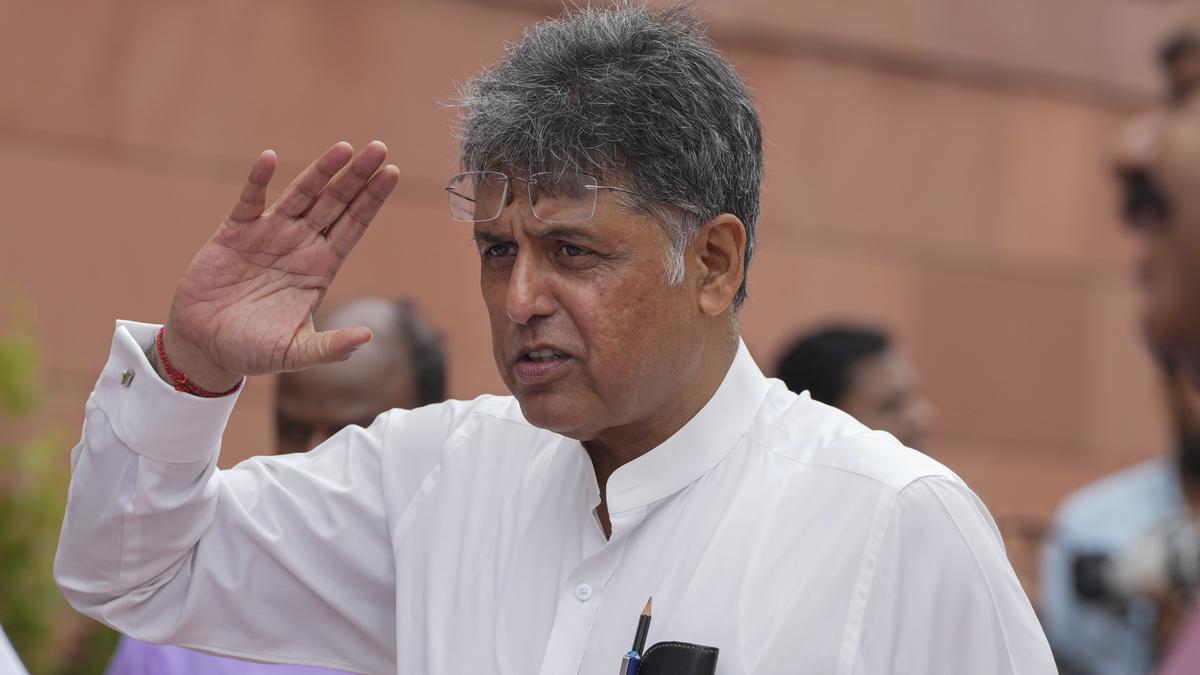ARTICLE AD BOX
The government is learnt to be actively considering a proposal to apply the Other Backward Classes ‘creamy layer’ income exclusion yardstick to attain “equivalence” among various Central and state government organisations, public sector enterprises, universities and private sector employees.
It is learnt that the proposal has been prepared following consultations among the ministries of Social Justice and Empowerment, Education, Department of Personnel and Training (DoPT), Legal Affairs, Labour and Employment, Public Enterprises, NITI Aayog and National Commission for Backward Classes (NCBC).
Following the landmark Indra Sawhney vs Union Of India ruling, also known as the Mandal verdict, by the Supreme Court in 1992, the concept of ‘creamy layer’ within the OBCs was introduced in the reservation policy. The ‘creamy layer’ criteria for those not in government jobs, set at Rs 1 lakh per annum in 1993, was revised in 2004, 2008, 2013. In 2017, the income ceiling was revised to Rs 8 lakh per annum and has remained so ever since.
The ‘creamy layer’ specifies groups among OBCs such as persons occupying constitutional posts; Group-A/Class-I officers of All India Services, Central services and state services; Group-B/Class-II services of Centre and state; employees of PSUs; officers of armed forces; professionals and those from trade and industry; property owners; and an income/wealth test.
While “equivalence” in some Central PSUs was decided in 2017, it remained pending for the private sector as well as universities, educational institutions and different organisations of state governments.
The OBCs of the ‘non-creamy’ layer are granted 27 per cent reservation in Central government recruitments as well as in admissions to educational institutions, based on the Mandal Commission recommendations. In state governments, this reservation percentage varies. In absence of such equivalence, there was difficulty in issuing caste certificates to OBCs.
Sources said since the salary of teaching staff of universities, such as assistant professors, associate professors and professors, typically starts from Level 10 and above, which is equivalent to or higher than Group-A posts in the government, there is a proposal that these posts be categorised as ‘creamy layer’. This means their children cannot avail benefits of OBC reservation. In the private sector, given the vast gamut of categories of posts and pay and perquisites, it has been noted that it is difficult to establish the equivalence. It is proposed that this can be determined based on the income/wealth criteria.
Story continues below this ad
For Central/state autonomous bodies and Central/state statutory organisations, sources said it is proposed to establish equivalence with the list of Central government officials, depending on their level/group/pay scale, as the case may be, because they also adopt the pay scales of respective categories in Central and state governments. Similarly, non-teaching staff of universities are proposed to be placed as creamy layer depending on their level/group/pay scale as the case may be.
For state PSUs, it is proposed that as in the case of equivalence in Central PSUs in 2017, all executive level positions, including board-level executives as well as below board-level executives holding managerial positions, are to be treated as under the ‘creamy layer’ category. However, in their case, a rider has been proposed that those executives whose income is within Rs 8 lakh, which is presently the limit for private persons, will not be categorised as ‘creamy layer’.
For government-aided institutions, it is proposed that as they generally follow the service conditions and pay scales of the respective Central or state government, the staff in aided institutions may be placed under appropriate categories based on the equivalence of their post and service conditions and pay scales/level. Sources said a large number of cases are pending before the Supreme Court and various High Courts regarding the ambiguity and, therefore, clarity is a must.
“The proposal entails empowerment of OBCs by way of their coverage which will widen the employment opportunities for OBCs,” a top source said, adding that “by widening the scope of opportunities for OBCs in employment, it will support Atmanirbhar Bharat.”



.png)
.png)
.png)























 English (US) ·
English (US) ·